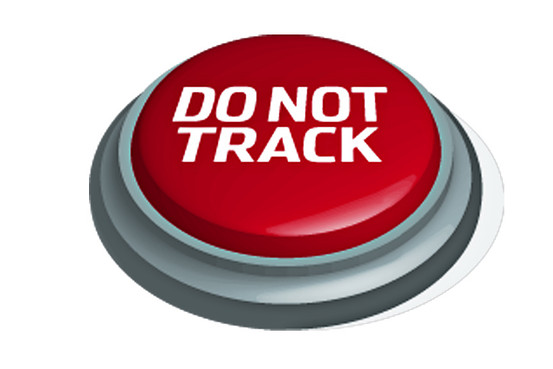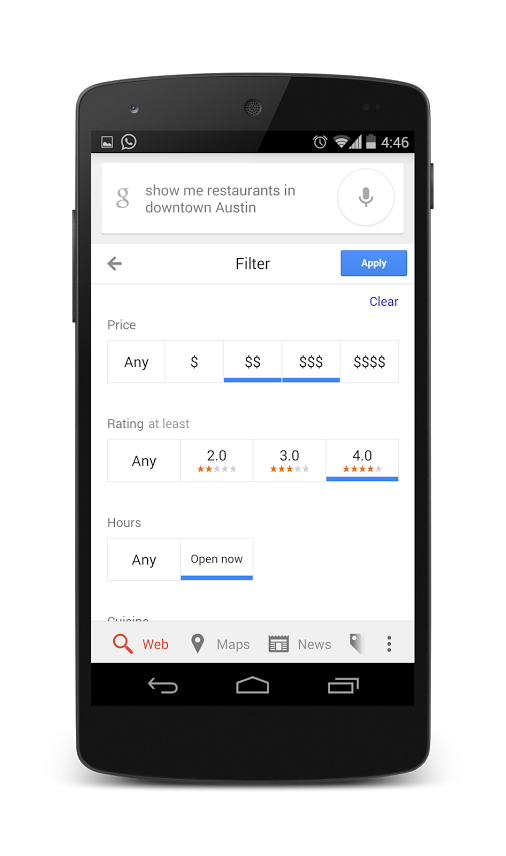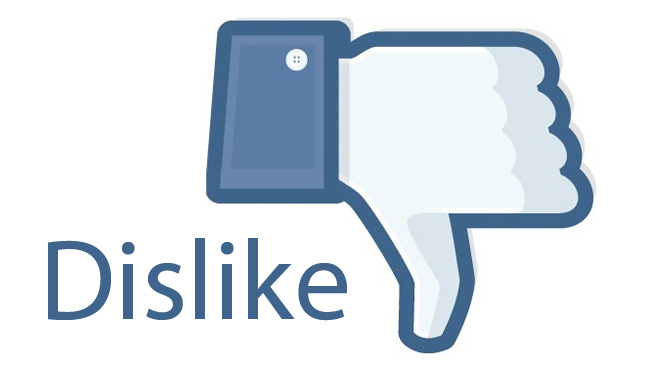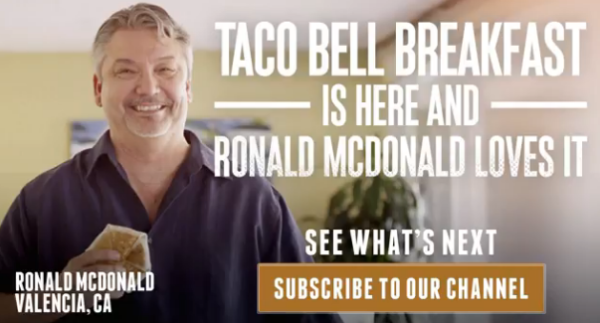What I’m about to write about covers a lot of ground, so I want to summarize everything here and then go into greater detail on each point in future blog posts.
-The consensus in the SEO community is that Google more and more is favoring brands when it comes to search engine optimization. Danny Sullivan of Search Engine Land fame even addresses this in the first question of a recent interview. Sullivan’s key point is that Google is not just favoring big brands over small brands. Google is favoring ANY brand over websites no one cares about (in other words, non-brands).
-So how does Google determine who is a brand and who isn’t? That type of thing could be subjective. But I believe the main determining factor is based off of how many people search for a particular brand by name. For instance, there’s probably way more people that do a Google search for “McDonald’s” than “Joe’s World Famous Burgers”.
-And the great thing with small business is that there’s lots of industries that don’t have a dominant super power in their market. Take the limo service industry for example. There’s no national, household name that the mainstream automatically turns to. Therefore, a limo company only has to compete with other small business limo companies. Therefore, success can be achieved when it comes to boosting a small business into becoming more of a brand than the next small business limo company that isn’t doing anything.
-So how does a small business boost brand awareness? Isn’t that expensive? In 2014, it is not.
-The answer is with website banner advertising.
-Nielsen, that does the local TV ratings, put out a report in February that said the average cost of reaching 300,000 people in a local market with TV advertising costs $7,500. Pretty expensive. But the cost of reaching 300,000 people in a local market with banner ads on websites cost only $100. Pretty incredible, right?
-The key thing to understand is that the value of banner ads is not to get clicks to your website to produce sales leads. The value is the same as TV advertising. It’s to become more well known and have “top-of-the-mind awareness”. The same reason Coke still advertises and Taco Bell still advertises. Everybody knows who they are. But they want to be fresh in your memory in case you get hungry or thirsty.
-Most people don’t click on banner ads. But people do notice them. And after 6 months, 1 year, 2 years of advertising, people in your local area will start to know who you are.
-And when the time comes for people who finally have a need for your product or service, there’s a pretty good chance they’ll think of your company because of all the reminders your banner ads have given them.
-When this happens, you’ll see a gradual increase in the number of people searching your company name on Google. Thus making your company name more of a brand and favorable in the search rankings.
-Why would Google favor brands in search engine optimization? I remember reading a story almost 10 years ago when BMW was using SEO tactics Google didn’t like. And Google warned them to stop, but BMW kept doing it. So Google decided to punish BMW and removed bmw.com from the search engine! And at the time, Google thought “Ha! That’ll show you BMW!” But the unexpected happened. It was Google that experienced the backlash. Because people typed “bmw” into Google and when BMW’s website didn’t pop up, people thought Google’s search engine wasn’t working.
-So the main reason Google has always favored brands and is now favoring them even more is that when people search for things, they want to see brands they’re familiar with.
-Imagine this. Let’s say you have more than 1 million people see your banner ad for your limo service business at least 5 times within the span of 1 year. People in your local area become familiar with who you are. And then they search for a limo company in their area and your company, one of the most well known limo companies in your city, doesn’t pop up on the 1st page. Guess what? That makes Google look bad, like it’s search engine isn’t working. The same way people got upset when they couldn’t find BMW’s website.
-It means that consumers have an expectation with Google’s search engine that the most well known companies should pop up first and then smaller brands or no name brands underneath.
-So to come full circle with my point, besides creating specific keyword related content, making your business a brand in your local area, is the most effective and most important search engine optimization tactic in 2014.
-And I don’t see Google changing their importance on brands anytime soon.
Read More









